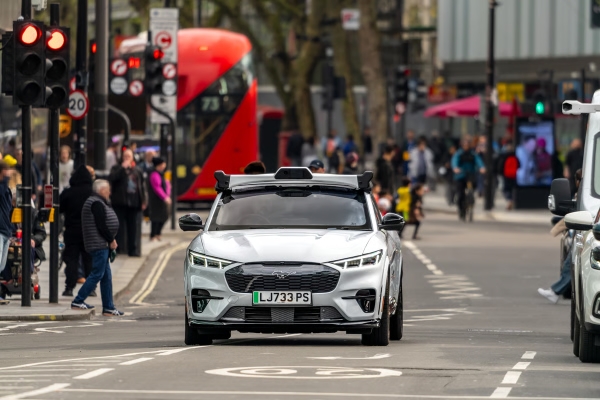London’s famed black cabs will be joined by autonomous taxis early next year when Uber Technologies Inc. links up with British artificial intelligence firm Wayve Technologies Ltd. in Uber’s first pilot scheme for robotaxis.
With Google LLC’s Waymo currently leading the pack where robotaxis are concerned, Uber is playing catch-up, as is Tesla Inc., which today announced it will soon be bringing autonomous taxis to Austin, Texas. Meanwhile, Waymo has become the target of anti-ICE protestors in the U.S., with some protestors less than enamored with the prospect of a driverless future.
Uber said its London plan will be its first foray into robotaxis, with the trial to start with human drivers at the wheel – a safety standard for autonomous driving known in the industry as “Level 4.” The company said that the hurdle will be passed and London will soon get its first fully autonomous taxis, although it didn’t say exactly when that will happen.
This was recently made possible after the U.K. government had a volte-face and introduced an accelerated framework to bring autonomous bus and taxi commercial services to the country. “By having faster reaction times than humans, and by being trained on large numbers of driving scenarios, including learning from real-world incidents, self-driving vehicles can help reduce deaths and injuries,” the government said in a press release discussing the upcoming legislation, the Automated Vehicles Act.
While the impact of driverless taxis in a city that is renowned for its seemingly never-ending sinuous streets – where human-driven taxis are omnipresent – has already been discussed in terms of possible job losses, the U.K.’s Department for Transport has said the industry could create 38,000 jobs and add £42 billion ($56 billion) to the U.K. economy by 2035.
“The future of transport is arriving,” said Transport Secretary, Heidi Alexander. “Self-driving cars could bring jobs, investment, and the opportunity for the U.K , to be among the world leaders in new technology.”
It seems London’s “cabbies” are not overly concerned about the rise of the robotaxi in their city, with the general secretary of the Licensed Taxi Drivers’ Association, Steve McNamara, telling The Guardian that robotaxis on London’s streets is “fantasy.” He added, “We’re probably going to have flying taxis before we have autonomous ones in London,” explaining that if such vehicles are struggling with San Francisco’s streets, they won’t have a chance in London. “Come back to me in 2040,” he said


